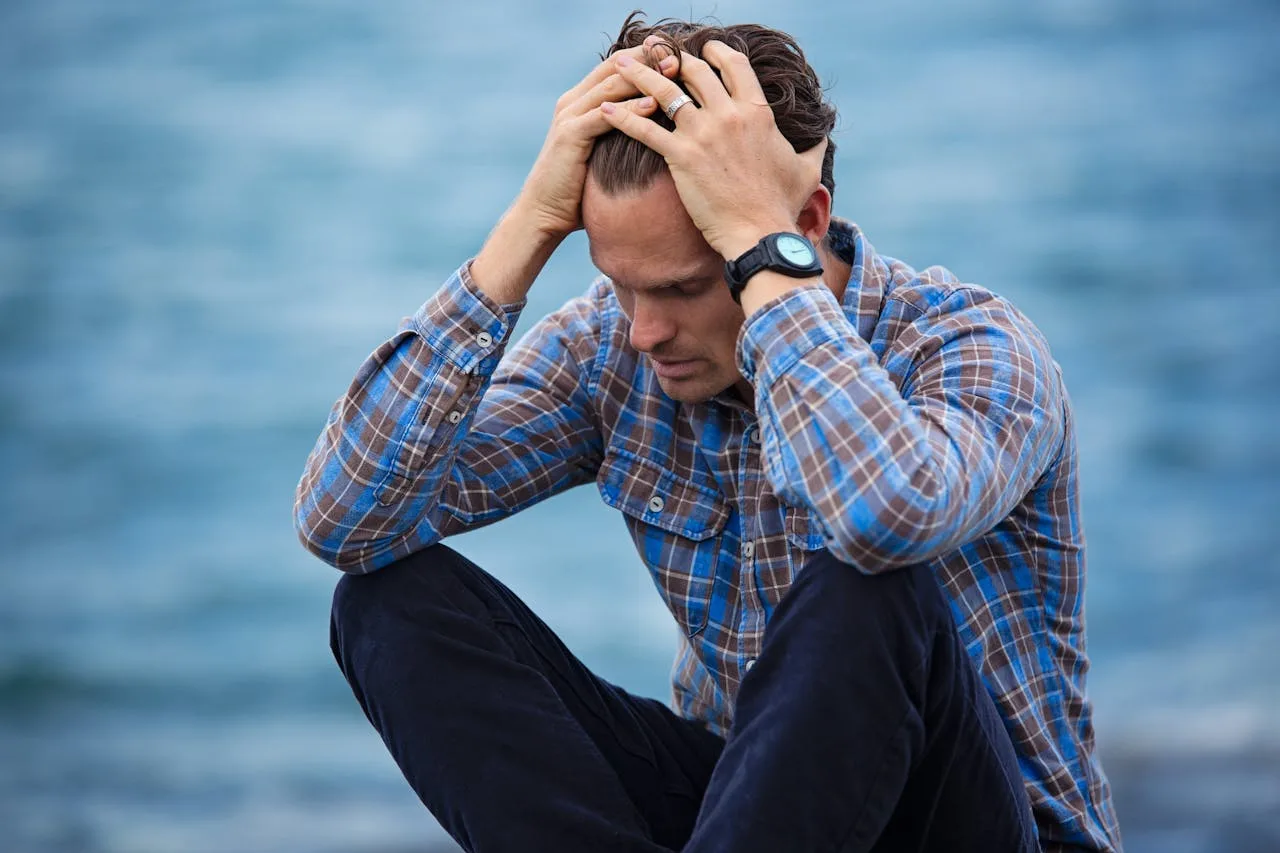A dehydration headache occurs when your body doesn’t get enough water, leading to improper function. These headaches are more common than you think, especially during hot seasons or after intense workouts. Staying hydrated is the key to preventing dehydration headaches and reducing the risk of more severe complications like heat exhaustion or kidney damage.
Types of Dehydration Headaches
There are two main types of dehydration headaches:
- Primary Headache: Caused directly by lack of water in your body.
- Secondary Headache: Triggered when dehydration worsens existing health conditions.
Fluid Loss Headache
A fluid loss headache occurs when your body loses more fluids than it takes in, commonly due to:
- Intense exercise
- Vomiting
- Diarrhea
- Taking diuretic medications
- Excessive sweating
- Laxative use
- Fever
Inadequate Fluid Intake Headache
Inadequate fluid intake headaches happen when you don’t drink enough water regularly. Factors include:
- Busy lifestyle
- Lack of access to clean water
- Over-exercising
- Nausea or feeling too sick to eat or drink
- Forgetting to drink water
- Not feeling thirsty
Symptoms of a Dehydration Headache
Dehydration headaches come with a variety of symptoms depending on how dehydrated you are. Mild to moderate dehydration may cause:
- Excessive thirst
- Dry mouth
- Less frequent urination
- Dark yellow urine
- Dry skin
- Muscle cramps
Severe dehydration may cause:
- No urination
- Shriveled skin
- Irritability or confusion
- Dizziness
- Rapid heartbeat
- Fast breathing
- Sunken eyes
- Extreme fatigue
Causes of a Dehydration Headache
Dehydration occurs when you don’t drink enough water or lose too much fluid through sweating, vomiting, or diarrhea. This fluid imbalance causes the veins in your brain’s dura mater to stretch, leading to headaches. Dehydration can also intensify other types of headaches by making your nerves more sensitive to pain.
Diagnosis and Treatment
If you frequently experience dehydration headaches, consult a healthcare provider. They may recommend tests such as blood tests or urinalysis to confirm dehydration. Treatment typically includes:
- Drinking plenty of water
- Using IV fluids in severe cases
- Medications to reduce vomiting or diarrhea
- Avoiding headache triggers like alcohol or caffeine
- Taking over-the-counter pain medications
Preventing Dehydration Headaches
To avoid dehydration headaches, consider these strategies:
- Drink water regularly
- Eat water-rich foods (e.g., watermelon, cucumber)
- Use electrolyte drinks for high-intensity exercise
- Keep a water bottle with you
- Avoid diuretics like caffeine
Complications of Dehydration
Two serious complications of dehydration include:
- Heat Exhaustion: Caused by prolonged exposure to high temperatures and dehydration, leading to symptoms like headache, nausea, excessive sweating, and fatigue.
- Kidney Damage: Dehydration can impair kidney function, leading to urinary tract infections, kidney stones, and potential kidney damage.
A Quick Review
Dehydration headaches result from a lack of water in your body. Symptoms can range from darker urine to muscle cramps and dry skin. Staying hydrated by drinking water regularly can help prevent and treat these headaches.
DehydrationHeadache #HeadacheRelief #StayHydrated #PreventDehydration #WaterIntake #HealthTips #HydrationHealth #KidneyHealth #HeatExhaustion




+ There are no comments
Add yours